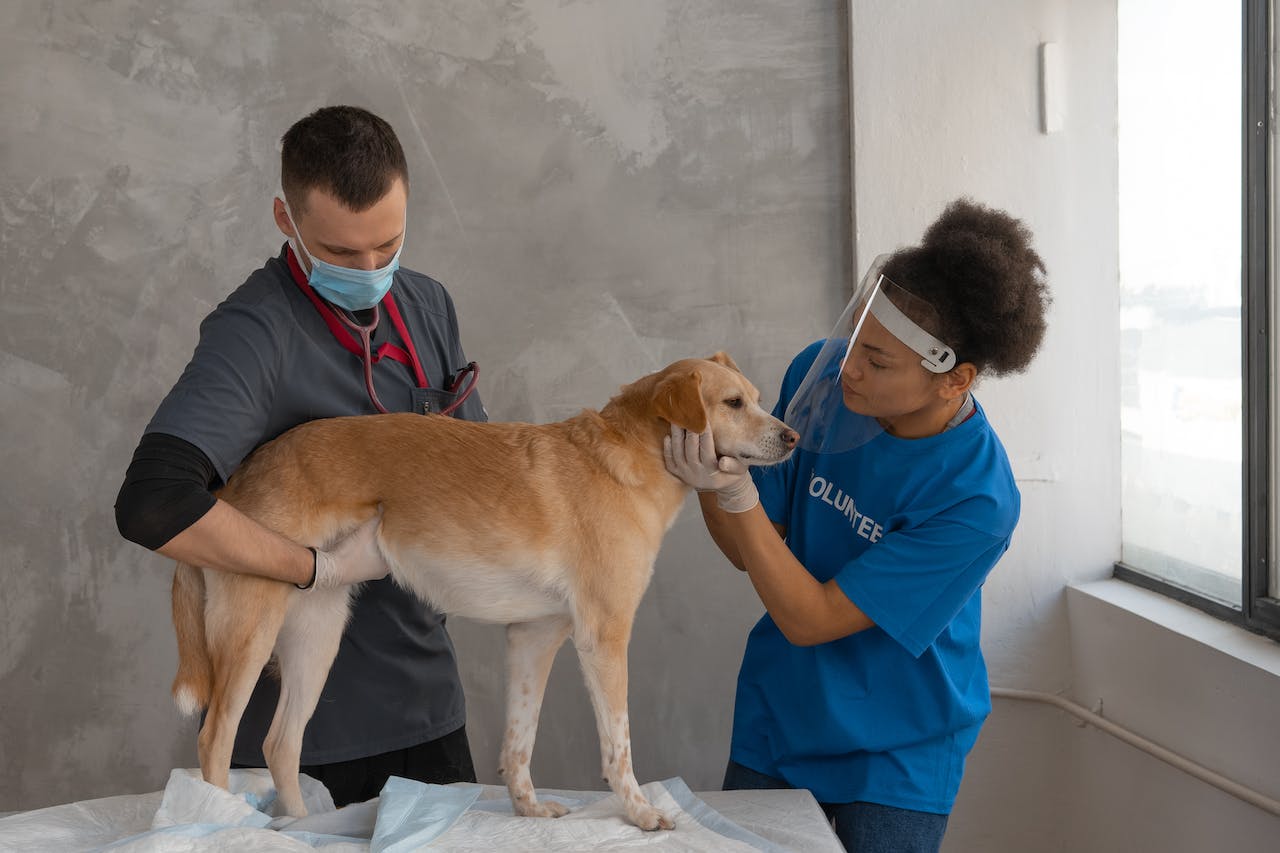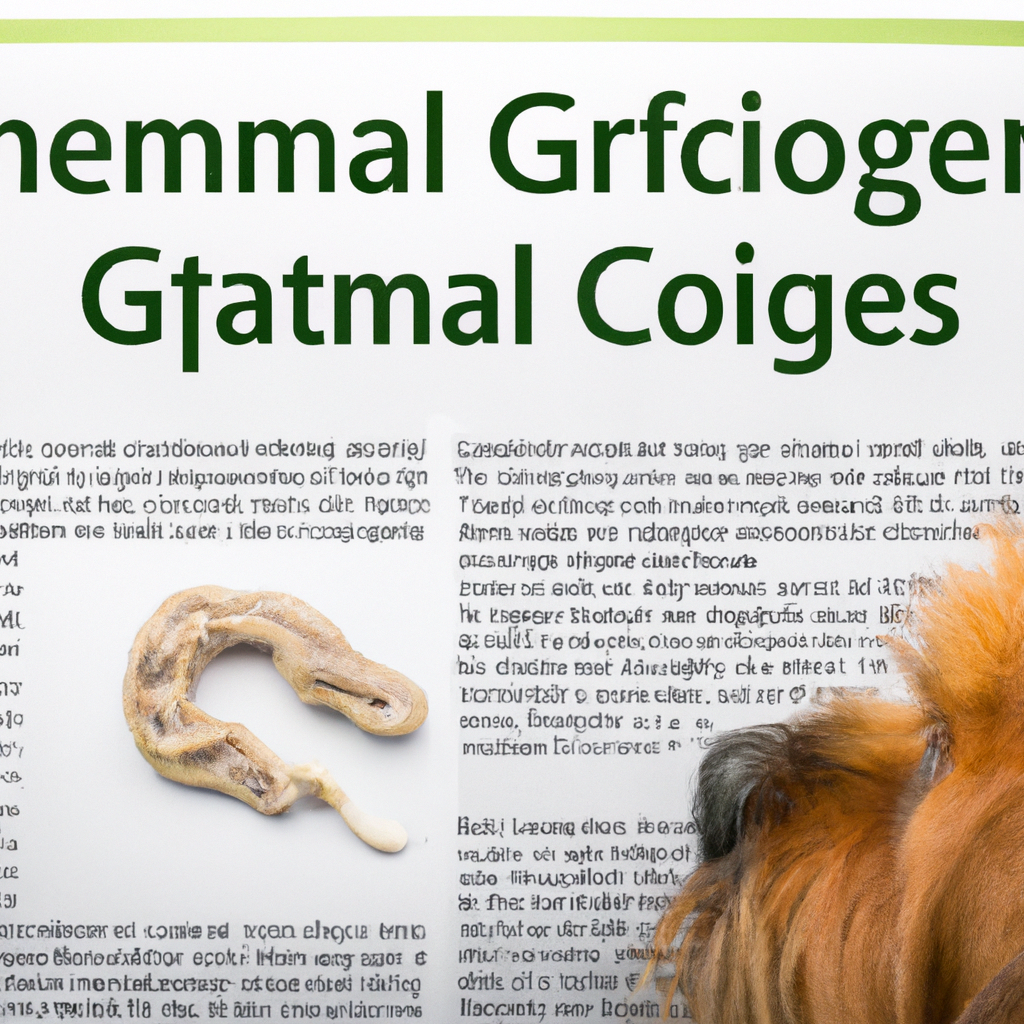Tips for Preventing and Treating Kennel Cough in Dogs
Tips for Preventing and Treating Kennel Cough in Dogs Preventive Measures Vaccination: Ensure your dog is up to date

Tips for Preventing and Treating Kennel Cough in Dogs

Preventive Measures
-
Vaccination: Ensure your dog is up to date with the Bordetella vaccine, which is the primary
preventive measure against kennel cough. -
Avoid crowded places: Limit your dog’s exposure to heavily populated areas such as dog parks
and kennels, where the chances of contracting kennel cough increase. -
Keep a clean environment: Regularly clean your dog’s bedding and toys, and sanitize their food
and water bowls to minimize the risk of infections.
Recognizing Symptoms
Kennel cough manifests with the following symptoms:
- Deep, persistent cough
- Runny nose
- Sneezing
- Lethargy
- Loss of appetite
- Mild fever
Consulting a Veterinarian
If your dog shows symptoms of kennel cough or if their condition worsens, it is important to consult a veterinarian
promptly. A vet will be able to provide a proper diagnosis and recommend suitable treatment options.
Treatment Options
-
Prescribed medication: Your vet may prescribe antibiotics or cough suppressants to treat the
infection and alleviate symptoms. - Rest: It is crucial to provide your dog with plenty of rest to aid in their recovery process.
-
Humidifier: Using a humidifier in the room can help relieve coughing and soothe your dog’s
respiratory system. - Isolation: Keep your dog away from other dogs to prevent the spread of kennel cough.
Recovery Period
The recovery period for kennel cough is usually around 1-3 weeks, depending on the severity of the infection.
However, it’s important to complete the full course of any prescribed medications even if symptoms improve.
Additional Tips
-
Boost the immune system: A strong immune system can help prevent and combat kennel cough. Ensure
your dog has a balanced diet, regular exercise, and proper hygiene. -
Quarantine new dogs: If you introduce a new dog to your household, isolate them for a few days to
observe any potential symptoms of kennel cough. -
Follow vet’s instructions: Always follow your veterinarian’s advice regarding preventive measures
and treatment options for kennel cough.
Remember, early detection and appropriate treatment can help your furry friend recover quickly and avoid complications.






